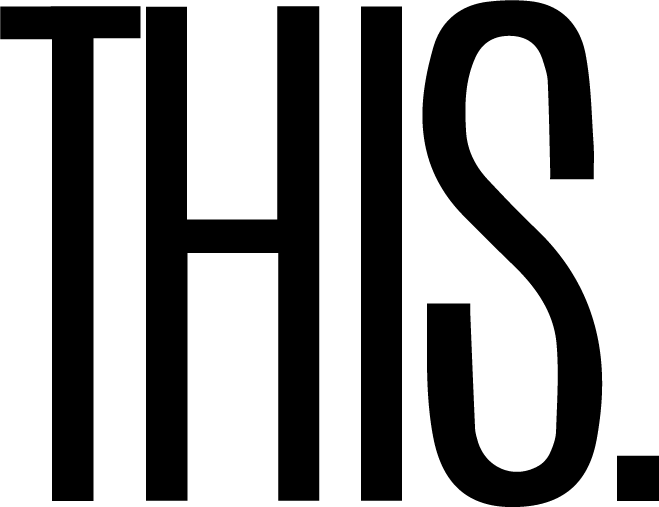Iconic film and voice actor, author, producer and comedian Harry Shearer is a constant. The same can be said about his satirical program “Le Show”. Running more than 30 years, its Shearer genius is a longstanding staple amongst broadcast shows and now podcasts.
Created and hosted by Shearer – a creative character famous for his roles in This Is Spinal Tap and The Simpsons, among others – “Le Show” has aired without fail every week since December 3, 1983! It’s such an amazing feat.
I had the opportunity to talk with Shearer for THIS INTERVIEW about “Le Show” and how it came into being, the importance of broadcasting, and more. THIS is for YOU!
Harry, thank you so much for the opportunity to speak with you today. Let me first say congratulations on the “Le Show” and being on air for 38 years. It really speaks to the power of broadcast and its impact on our lives and culture. What does broadcasting and radio mean to you?
Well, it was one of the first radio shows to make the transition into podcasting as well. Podcasting is great because it means availability at the time of the listeners choosing, which is convenient and possibly more people hearing the show. Broadcasting, on the other hand, means the vast majority of people, are hearing the show pretty much at the same time.
All those people are hearing it in the same context in which it was created, and that’s a shared experience that can’t be duplicated. Unlike podcasting, you have no idea when they are going to be hearing it. Broadcasting makes for a more shared experience.
That reminds me of growing up, I spent a lot of time in the car with my mom listening to radio programs like NPR and such. It creates this world of imagination. What was your inspiration for getting into this field?
I’ve been in radio and television since I was 7 years old. I was very much a fan of listening to radio and watching TV. This was when the original big kind of network radio shows were on. I began working on Jack Benny’s radio show at age 7.
So, I was aware at a very early age that, compared to television, radio was a much easier medium in which to work. With radio you could do a one-man operation and have it create a whole world of impressions, places and characters. It’s much more efficient as means to creating the affect you want in the audience’s mind.
Did you see “Le Show” going for this long and being as successful as it is?
No, I started in L.A., and I had an idea what kind of show it would be, which is a sketch comedy, and topical sketch comedy with some music and some talk. The key to me was the comedy and I thought, I’ll do this for a year and somebody in television will dig it and say, “Hey, do that on TV”, and that never happened.

It’s interesting, especially when we start things, we never know what kind of impact it will have on people. Your voice is so undeniable because of your work on “Le Show” and The Simpsons. Was your voice always this distinct and defined?
It’s pretty much been the same. I never went through that. As I grew, my voice gradually just got lower. I remember I used to record little radio shows with my friends, and I would play different characters. I would think about it later and say maybe that sounded pretty stupid to my parents because I had this one voice, and I was pretending I was playing these different characters. And it must’ve sounded like I was playing these characters with the same voice because I didn’t have the pipes.
But I realized that’s what I was doing, because so much of play when we are younger is like rehearsing for what we are going do as a grownup. I was really training and teaching my ear. This character sounds like this, that person sounds like that, and I can’t make that sound yet, but I know what that person or character sounds like. So, by the time my voice came in its adult form, my ear had already been trained and was ready to tell my voice what to do.
YES! I really can sense that and it’s evident in your work, especially on The Simpson. You go from playing Mr. Burns to Ned Flanders. What is your process like getting ready for that? Is it similar to what you mentioned that you did when you were younger?
Yeah. I made up both voices, and I just go back and forth between one and the other, just like one would if I were two people.
My last question: What do you hope to continue to do for the future?
Well, I have no fantasies about influencing other people in broadcasting or the course of politics. I think anyone who goes into satire and thinks they are going to affect the way things go, is living a bad little dream. For me, so much of the rest of show business has slowed to a crawl or hibernation due to COVID. It’s a way to keep working, keep producing, and keep thinking of ideas.
[Broadcasting] was a saner way than doing stand-up comedy. I may be entertaining a room full of drunks with my radio show, but I don’t have to be aware of it. On one hand it may keep me from doing longer work, but it does keep me in front of the public on a regular basis and having to develop new characters.
One does have to stay fresh, so I think that’s a very useful thing to have available especially in this time, during this COVID era to stay in front of the public. |THIS.
[By Alex The Host]





